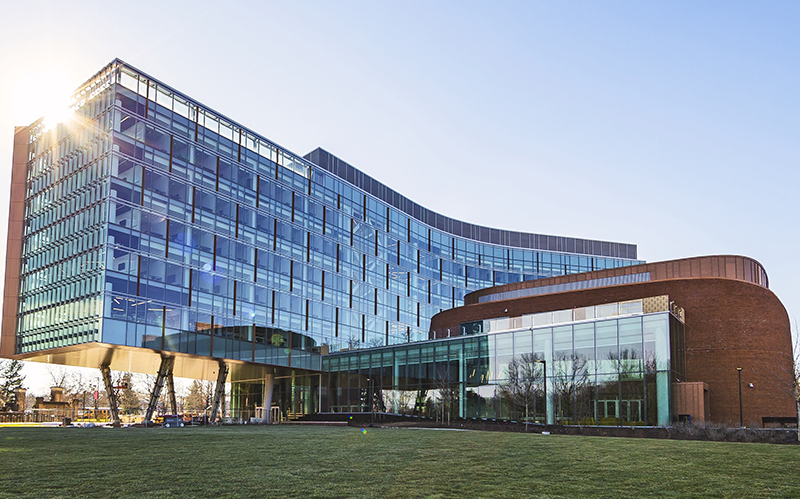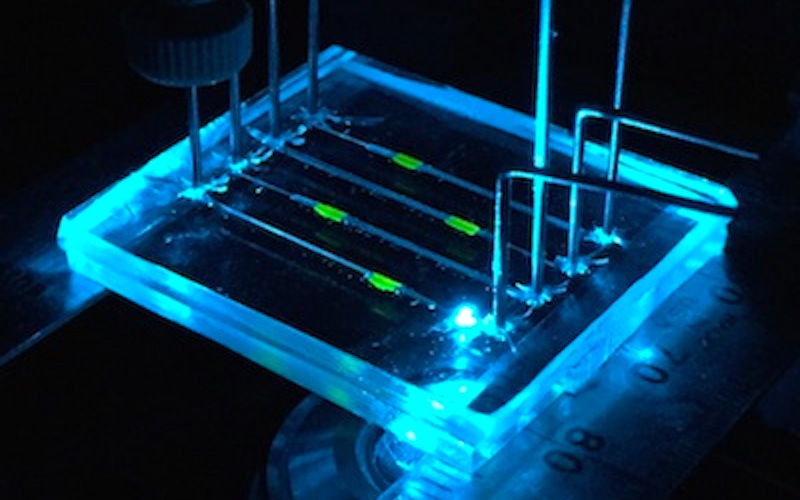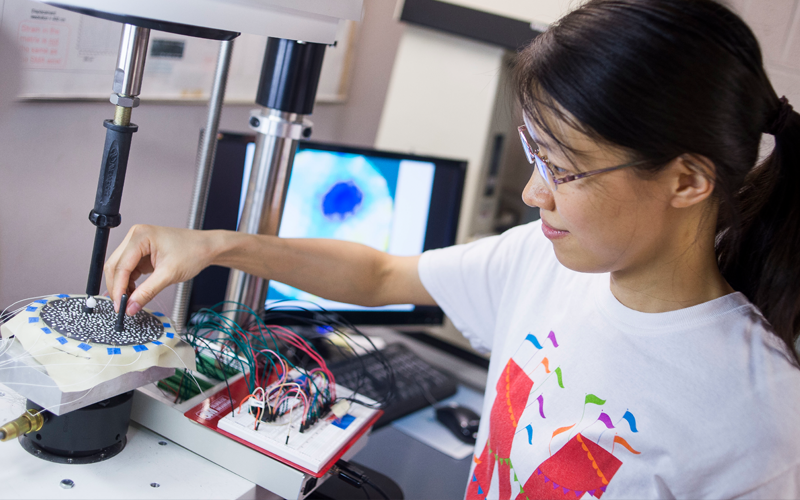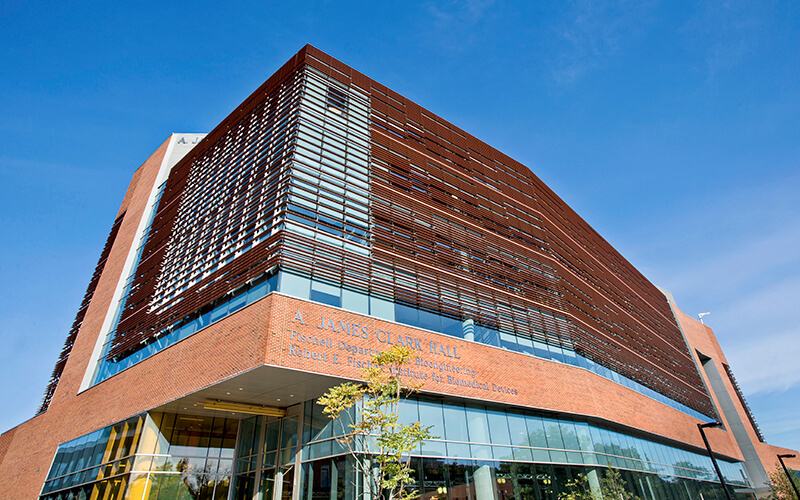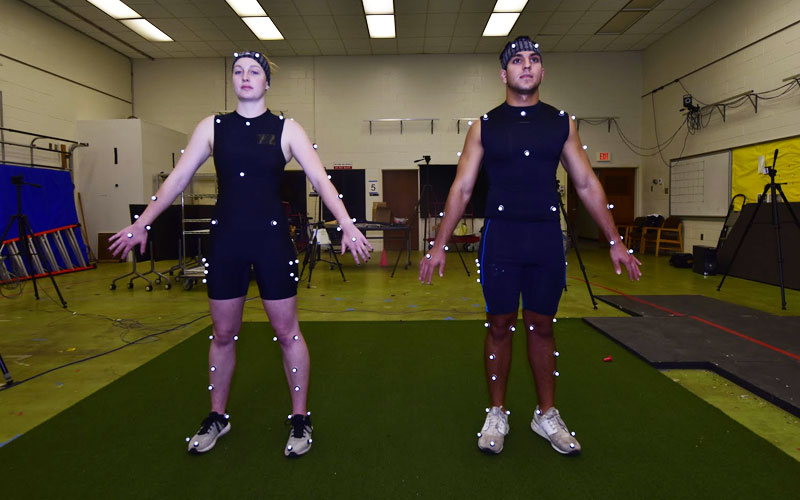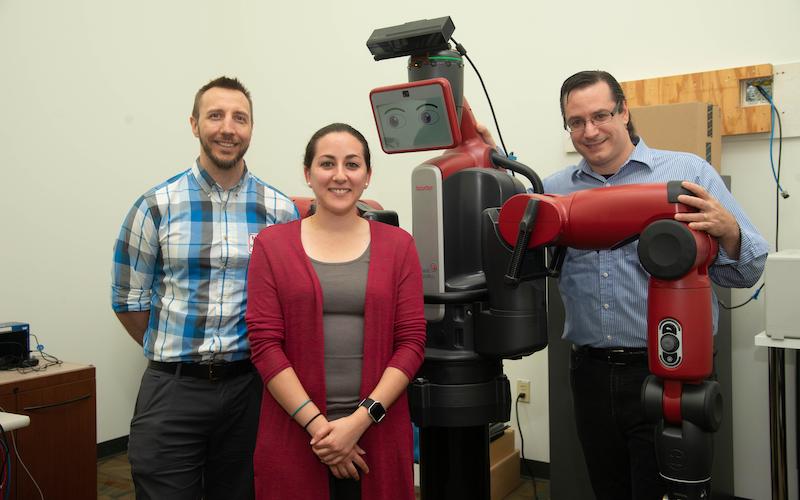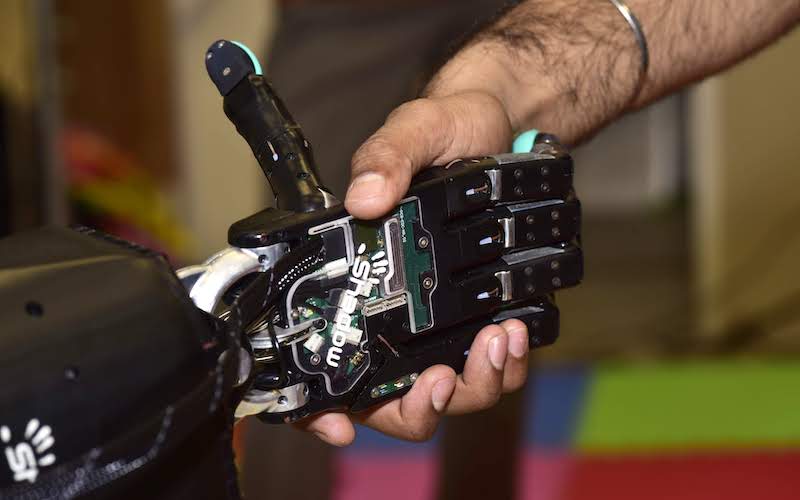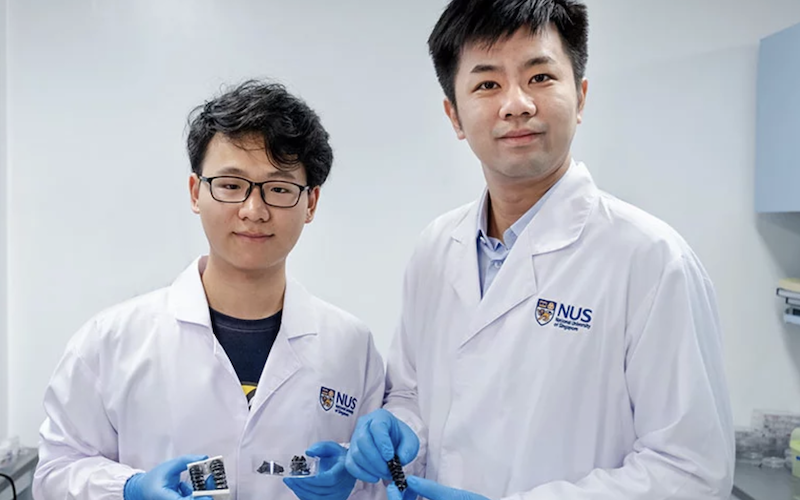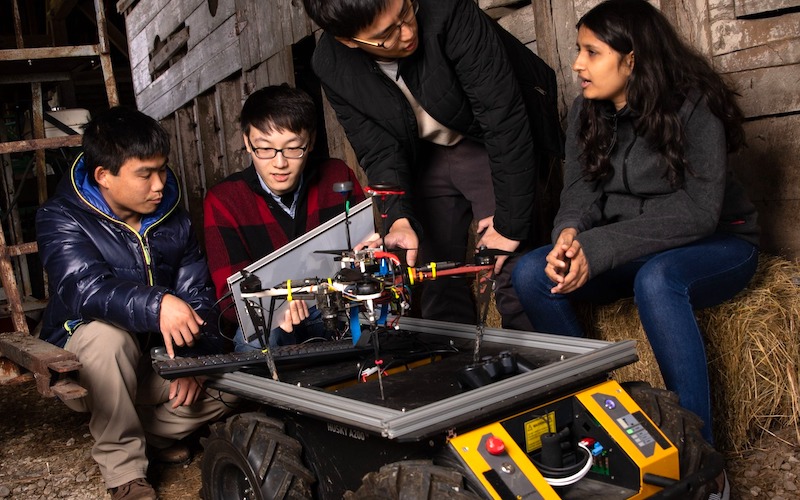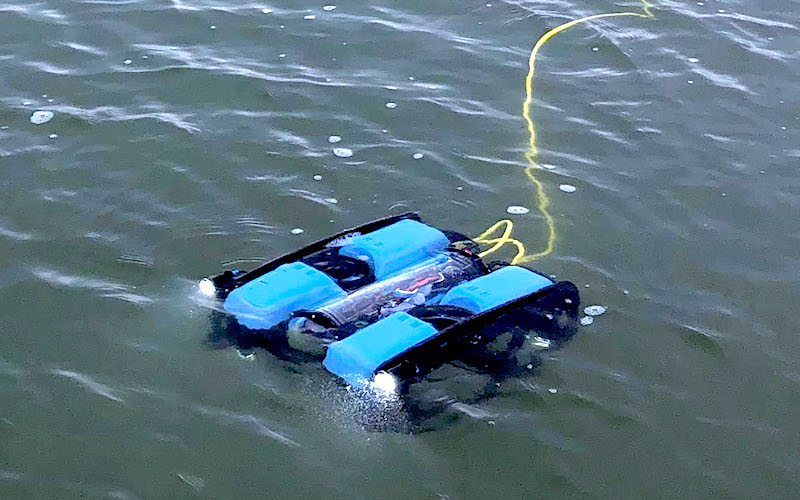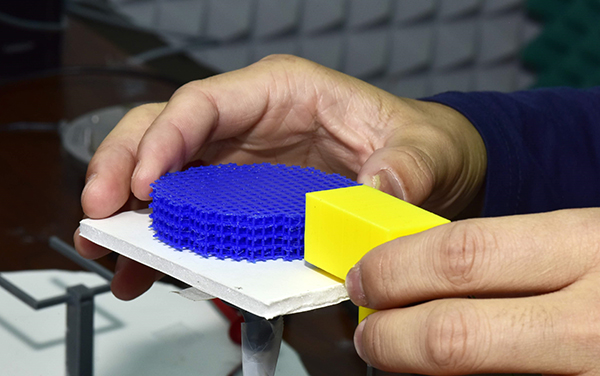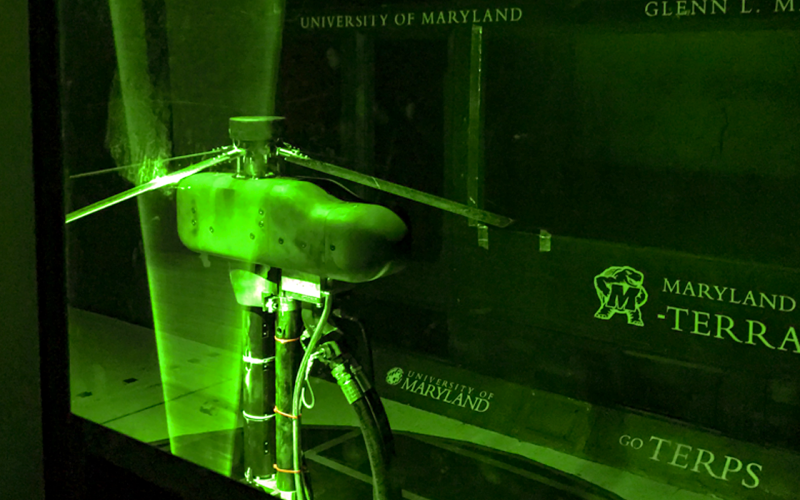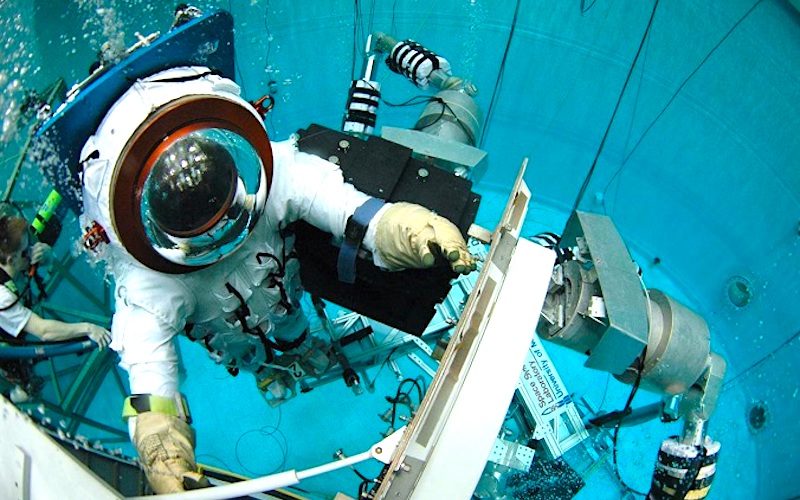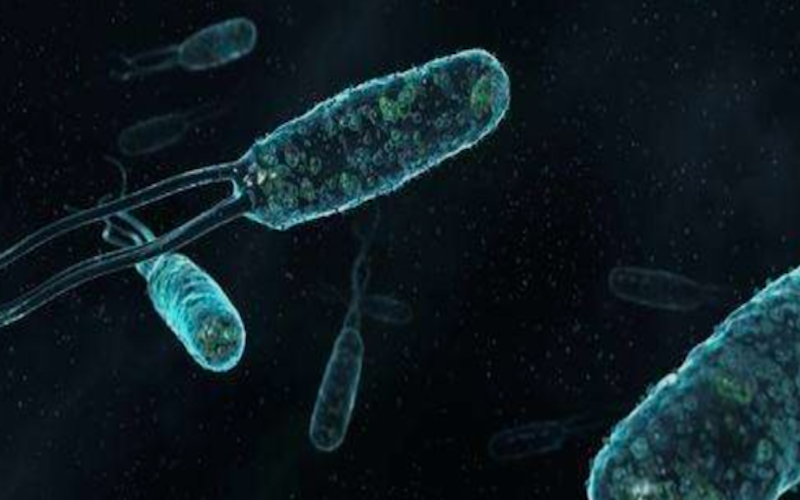Facilities
MRC faculty and affiliates preparing proposals: click here for a complete list of MRC facilities useful for inclusion in a proposal.
Orientation for new MRC users and training on MRC equipment is available. Please submit your requests to the Lab Manager at ipenskiy@umd.edu.
MRC Lab Materials & Equipment Request Form: Please log in to your UMD account before completing this form. Your input is valuable in helping us identify and prioritize new equipment needs.
Faculty Labs
Laboratory for Neural Control of Locomotion
Principal Investigator(s): Avis H. Cohen
Maryland MEMS and Microfluidics Lab
Principal Investigator(s): Don DeVoe
Multi-Scale Measurements Laboratory
Principal Investigator(s): Hugh Bruck
Multiscale Biomaterials Engineering Laboratory
Neuromechanics Research Core
Principal Investigator(s): Jae Kun Shim
Neuromotor Control and Learning Laboratory (NMCL)
Principal Investigator(s): Rodolphe Gentili
Perception and Robotics Group
Principal Investigator(s): Yiannis Aloimonos, Cornelia Fermüller
PYC Lab
Principal Investigator(s): Po-Yen Chen
Robotics Algorithms & Autonomous Systems Lab (RAAS)
Principal Investigator(s): Pratap Tokekar
Semi-Autonomous Systems Laboratory
Principal Investigator(s): Nikhil Chopra
Sensors and Actuators Laboratory
Principal Investigator(s): Miao Yu
Separated and Transient Aerodynamics Laboratory
Space Systems Laboratory
Principal Investigator(s): David Akin
Tubaldi Lab
Principal Investigator(s): Eleonora Tubaldi
